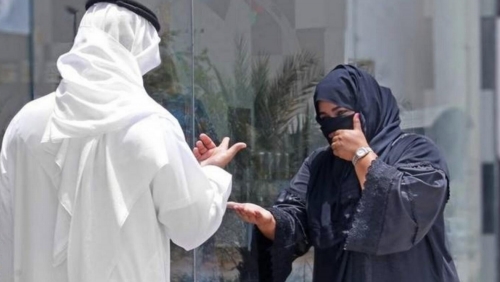Concern over rising number of beggars in Bahrain
TDT | Manama
The Daily Tribune – www.newsofbahrain.com
Reported by Zahra Ayaz
As Ramadan is at our doorsteps, people in Bahrain are concerned about beggars seen in malls, parking lots, food streets, and public spaces.
While some are genuinely in need, there are a significant number of women carrying small children and running elaborate begging syndicates.
Last year, Muharraq police cracked down on more than 70 beggars, and after taking legal measures, they were deported as most of them were expats.
The Daily Tribune has earlier reported the issue of beggary in Manama, Gudaibiya and streets of Muharraq and the inconvenience they cause to citizens and residents. Women carrying children enter shops asking for money from shopkeepers and customers.
Several reports state that begging has become lucrative for many in the Gulf, especially foreigners. A recent report by Gulf News says that Dubai police have arrested beggars with Dh40,000 along with other Arab and foreign currencies during Ramadan.
However, locals and expats told Tribune that they are not seeing it as a crime but as a social problem. Lina Stahl, volunteer and owner of ‘Box Forward’, said: “We want to help those in need and who are genuinely struggling at this time of the year.
Of course, begging is not a crime and since they are poor and not well off, they ask money from people, which is totally accepted especially in Ramadan since it’s the month of giving. “There are many families who are coming from reasonably good families, you may never know their personal problems. However, I believe people should also not take advantage of Ramadan.”
Speaking to The Daily Tribune, local resident Faraz Ahmed said: “People should not give money to beggars who stand near stoplights, houses and on streets. “Giving them money hinders the work and efforts of anti-begging authorities trying to clamp down on beggars.
“Those with documents stating they are suffering from medical problems are exempt and it is okay to give them money but not from ‘zakat’ money because the extent of their medical problems is not known to the general public.”
“For instance, despite having an illness, they may still be capable of working but choose to beg instead,” he added. The study stressed the citizens and expatriates should pay ‘zakat’ to charitable organisations instead of to beggars.
Related Posts

